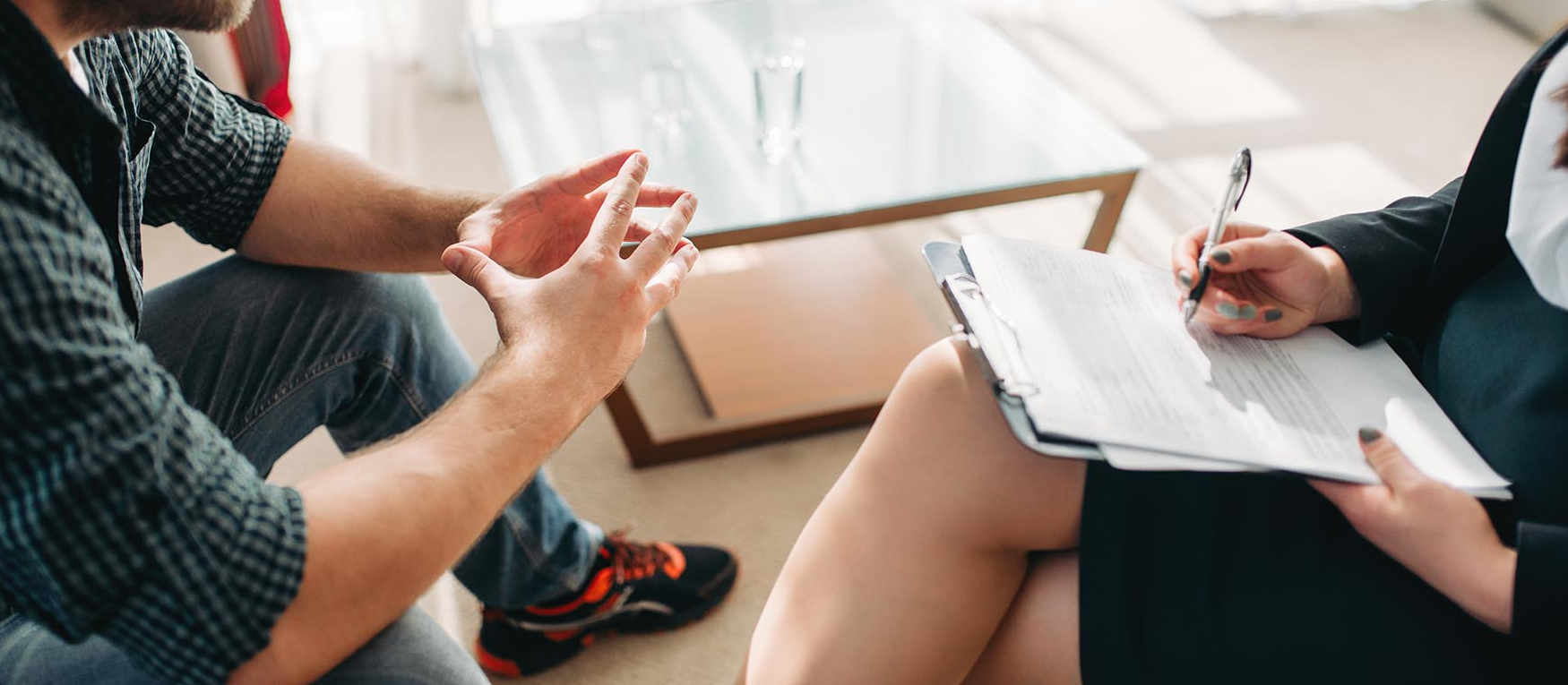Does Klonopin Help with Co-occurring Disorders (e.g., Depression and Anxiety)?
The anxiety medication Klonopin may help manage co-occurring disorders like depression and anxiety. By acting as a calming agent, it can alleviate anxiety symptoms, which may be beneficial for individuals experiencing both anxiety and depression. However, while Klonopin can provide short-term relief, it’s not a primary treatment for depression and should be used as part of a comprehensive treatment plan.
When treating co-occurring conditions, It’s vital to address both disorders with therapy and medications that specifically target both disorders. While Klonopin is effective in treating anxiety, it is not typically used for treating depression. Talk to your doctor about the pros and cons of other options, such as Prozac vs. Klonopin for anxiety and depression or Klonopin vs. Zoloft for anxiety concerns.
Always consult with a qualified healthcare provider or dual-diagnosis treatment center to determine the best treatment approach for co-occurring disorders. This ensures a tailored strategy that considers all aspects of your mental and physical health. To learn more about dual-diagnosis treatment, reach out to us at (877) 958-9212.
How Long Does Klonopin Take to Work?
Klonopin is a fast-acting drug, and you will likely start feeling its effects within 30 minutes to one hour. During this time, you may feel calmer or find that your anxious, racing thoughts have slowed. You may also feel physical changes, such as reduced muscle tension or sleepiness.
If you are considering Klonopin to ease overwhelming worry or fear, you are likely wondering, “When does Klonopin start working for anxiety?” If you repeatedly do not experience reduced symptoms in the 30-60 minute time frame, it is wise to communicate with your doctor. They may need to alter your dosage, or they may recommend you change the time that you take your medication.










